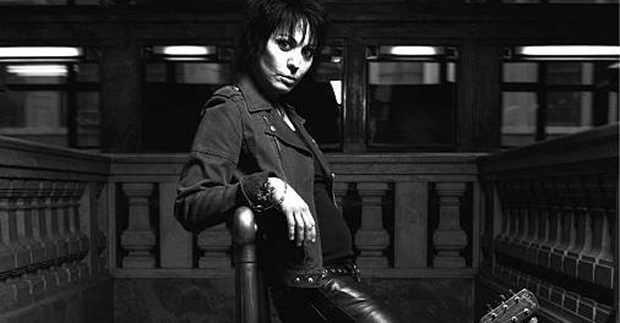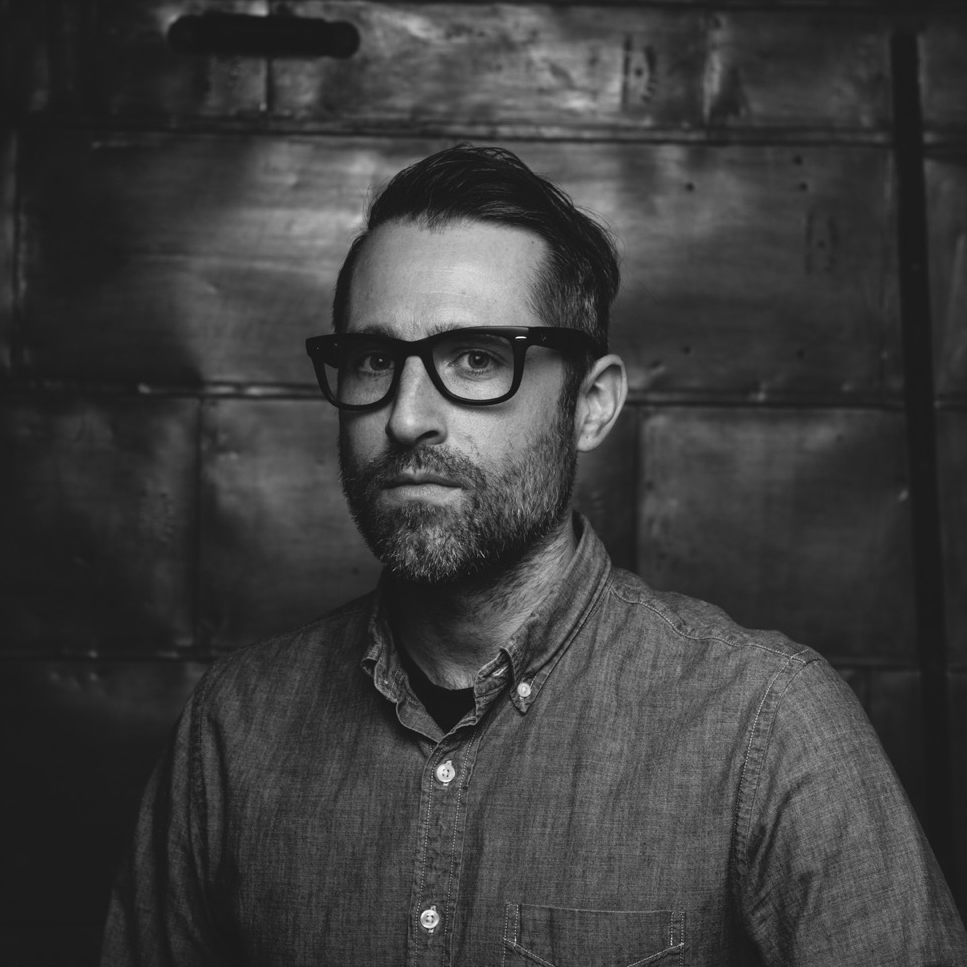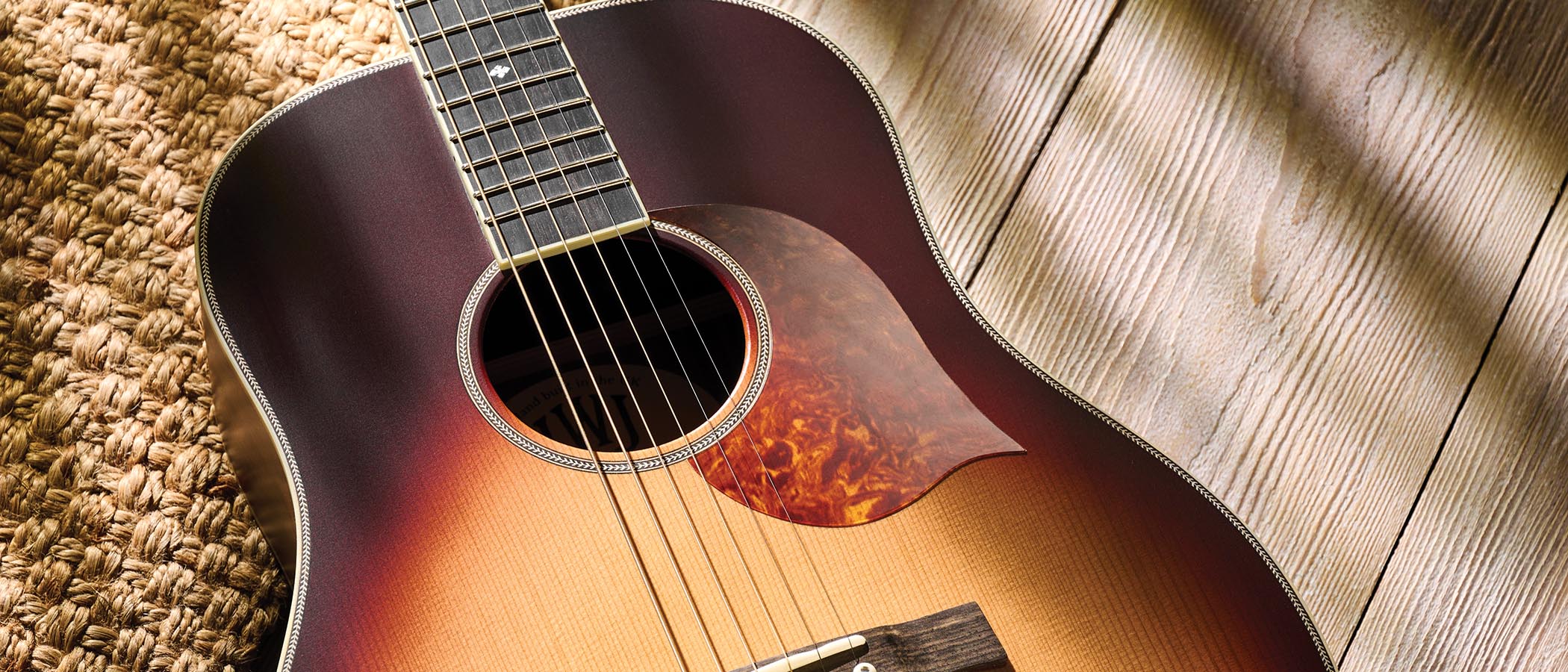Joan Jett Talks Gibson Melody Makers, the Runaways, Pre-Show Jitters and More
All the latest guitar news, interviews, lessons, reviews, deals and more, direct to your inbox!
You are now subscribed
Your newsletter sign-up was successful

She was a founding guitarist of Seventies teen girl group the Runaways and rose to stardom fronting the long-running rock act the Blackhearts. But what Guitar World readers really want to know is...
The new Joan Jett and the Blackhearts album [Unvarnished, released in October] deals with some really personal themes. Did writing these songs help you gain a new or different perspective on life? —Mikey Nichols
Absolutely. It’s like do-it-yourself psychology. [laughs] This is my most personal album in the sense that it directly points to events or things I’ve gone through. This last decade I’ve lost a lot of people, including my parents, who I was very close to. It’s been a really formative, eye-opening and hard time for me.
The song “Fragile” is specifically about my mother, and losing love. You think love is so strong—and it can be—but it also can be so fragile and broken just like a stick. Our music always focused on personal things like falling in love, falling out of love, having sex, not having sex and partying. I’m not saying nothing was ever serious or had messages. But this album’s subject matter is certainly more diverse and these news songs have a deeper personal relationship to me than my other albums.
You’ve had an amazing career. What is the one piece of advice you wish you were given back when you first got into the business with the Runaways? —Hank Tomesco
Wow… I guess my only advice is to pay attention, because everything goes so fast. Nobody gave me that advice. The Runaways was three and a half years, but it seemed to go very quickly. Just really embrace the moment, especially the special ones. And even the bad ones, because things always change. The bad will get better and the good will get worse. [laughs] Things cycle around. There’s no other way, man. It’s the way of life.
I have really bad performance anxiety. Did you ever experience that? Any tips on how to get over it? —Amanda Hoffman
I’m always nervous before I go onstage…and I want to be nervous. If I’m not nervous, something is wrong. When I start performing my anxiety goes away, and I think that’s true for a lot of people. I would also say don’t think while you’re onstage.
When I’m thinking, What are the chords? What are the words? then I definitely fuck up. I have to be an empty vessel. If I don’t know the words, if it’s a new song or whatever, I’ll have the lyrics down on the stage. I’ll make it part of the show that the audience is seeing me learn a new song.
Some people might think it’s stupid to be scared, but it’s a very natural thing and I think it can be a good motivator. Just keep it channeled and you can use it for a better performance. Oh, and I’d also say don’t party to get over it. It will affect your performance in a bad way. I know that from experience, too.
All the latest guitar news, interviews, lessons, reviews, deals and more, direct to your inbox!
I read that one of the songs on Unvarnished was about living through Hurricane Sandy. Can you talk about that experience? —Paul
“Make It Back” is about how people come back after a tragedy. Specifically for me it was Hurricane Sandy. I live on the beach in a town called Long Beach [New York], and we got whacked. I was home for the hurricane, because I wanted to protect my house and what was in it. I had animals there. It was really scary.
It was also scary to see how little it was covered in the press. I travel a lot and there was no coverage, but the devastation was so severe. So that song was about seeing people be devastated and lose everything and collectively go, “What are we gonna do?” Then somebody or something changes the energy. And then it’s like you have to rebuild…or die. And then you see that spirit go through everybody, and everyone starts helping. It was a beautiful thing to see. And I saw it first-hand.
You’ve had great success with cover songs. How do you choose songs, and what’s the key to making them your own? —Tanya
Well, some of them have been suggestions. I trust my songwriting partner Kenny Laguna’s instinct a lot. Early on he suggested “Wooly Bully,” which was an obscure fun song that went over great live. But the songs come from all over.
Like AC/DC [“Dirty Deeds Done Dirt Cheap”]. That’s a song I used to dance to at a club called Rodney [Bingenheimer’s] English Disco [in Los Angeles] before the Runaways even started. They used to play British glitter music from the Seventies. And that’s where I got turned on to bands like the Sweet. Making it your own? I try and not change much as far as the arrangements go, because that’s what made me fall in love with the song in the first place. I think me singing and playing them is change enough.
You’re a big sports fan and also passionate about social and political causes. Do you have any thoughts about what’s going on in Russia right now? Many people want to boycott the [Sochi 2014 Winter] Olympics because of Russia’s recent legislation against gay rights. [Russia recently passed a law that prohibits propaganda of nontraditional sexual relations.] —Johnny
First of all, I think it’s ridiculous that Russia would do that and make those claims. That is just absurd, and it’s not reality based. But I’m not sure about the boycott. I totally understand, emotionally, why people would want to do that. But I think in the end you might hurt the athletes who have been working their whole lives to compete.
Maybe there’s a better way to make a statement by going there, being gay and winning. That’s not just for the United States, either. I’m sure there are many other nations that have gay athletes that will be going. I don’t know if anyone will end up making a statement like that. But to me that might be a better way to protest, and show that we’re all just people.
You’ve been associated with the Gibson Melody Maker for years. Can you tell us the story behind your guitar? —Donnie Halsey
In the Runaways I was using a blond Les Paul. It’s beautiful, and I still have it, but it’s heavy as shit. I jump and run around a lot onstage, and it was really getting to my shoulder, so I was looking for a lighter guitar.
I heard from one of our road crew that Eric Carmen from the Raspberries was selling a Melody Maker, so I ended up buying it. Now, this is the guitar that he played on “Go All the Way” and all those [Raspberries] hits. And then I played it on “I Love Rock ’n’ Roll,” “Crimson and Clover,” “Do You Want to Touch Me,” “Bad Reputation”…all those early records. Then I took it off the road because I got nervous that someone was gonna steal it or break it.
It’s so beautiful. It’s white, has no stickers on it, and there are cracks in the paint and yellowing from age or club cigarettes. It’s an unbelievable-looking guitar. I have it in a closet and I take it out occasionally to record. But I don’t even need to use it to record anymore, because I have a guitar that sounds pretty much like it. I’m actually kind of afraid to bring out the original. It’s got a great heritage. It’s a guitar full of hits.
Back in the Nineties there was a real active movement of female rock bands, like L7, Bikini Kill and Babes in Toyland, which you were associated with. Why did that scene fizzle out? —Katherine
It felt to me that we were on the cusp of the girls breaking out. We were one hit away from opening the door for everybody else. But there was always resistance from radio. Like, only one girl gets to be played at a time.
But yeah, it felt powerful back then, and I don’t really know what happened. Nothing happened. Bands wound up breaking up. Some people realize that it’s not their life goal to wait for radio to see it their way. They want to do other things with their lives and move on. I totally see that as being appropriate, too. You have to be really dedicated to this as a lifestyle. It’s hard to live a double life and hold down a nine-to-five job and be in a touring band. You’ve gotta choose, at least for a few years, if you wanna give your rock and roll dream a shot. You have to go full on.
Go on tour, play every shitty gig you can for no money and no people. It’s how you build character and experience and you learn a lot. Hopefully after a few years you get lucky and get a foothold, and you can decide if you want to continue this and keep fighting. I think the rock scene has died down. It’s gone underground or something. But bands are out still there. Every town I go to there’s at least one all-girl rock band. You can be sure of that.
Brad is a Brooklyn-based writer, editor and video producer. He is the former content director of Revolver magazine and executive editor of Guitar World. His work has appeared in Vice, Guitar Aficionado, Inked and more. He’s also a die-hard Les Paul player who wishes he never sold his 1987 Marshall Silver Jubilee half stack.

